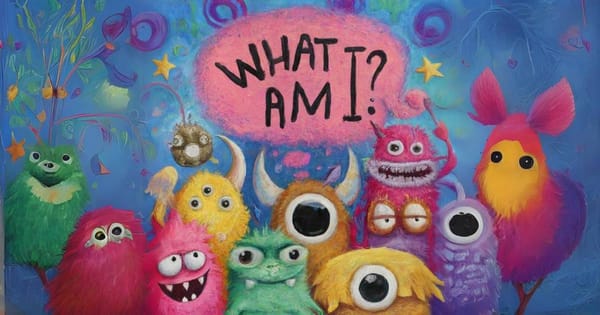Challenge Your Intellect: 33 Long Riddles for Adults
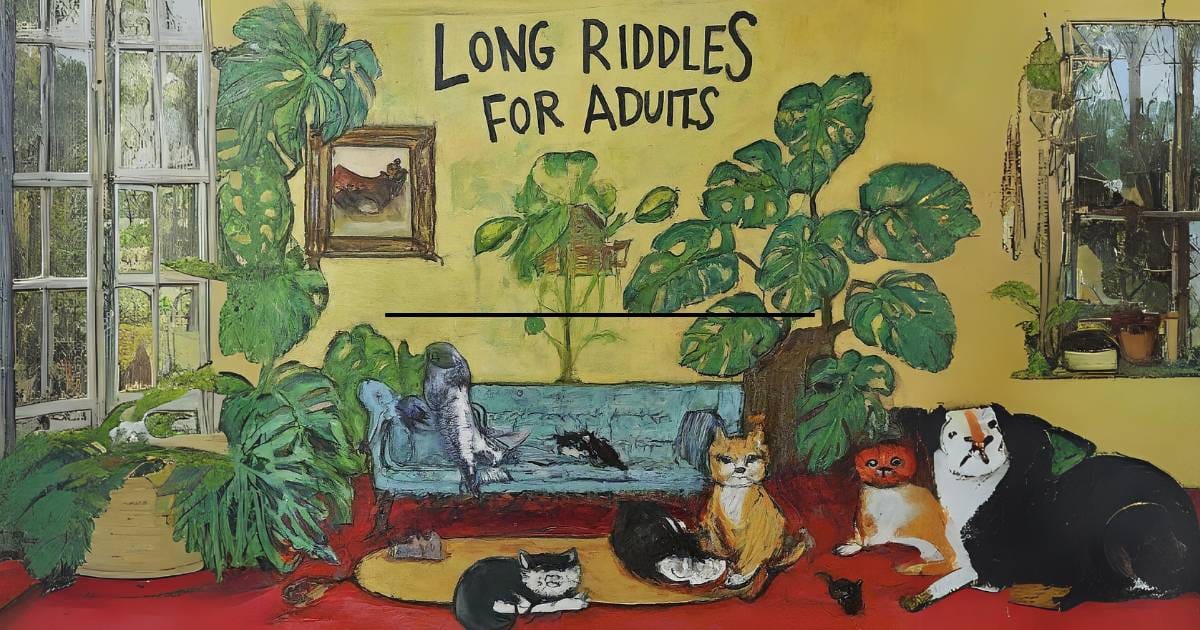
Greetings, puzzle enthusiasts and lovers of a good mental challenge!
Prepare to embark on a journey of wit and intrigue with these long riddles designed to test your logic, knowledge, and creative thinking.
Ahead, you'll encounter 33 riddles divided into three stimulating categories: History's Enigmas, Logic Puzzles & Lateral Thinking, and Philosophical Ponderings.
Each riddle is crafted to make you pause, ponder, and perhaps even learn something new along the way.
Think you have what it takes to unravel these intricate puzzles?
There's only one way to find out! Let's begin our mental marathon with History's Enigmas!
History's Enigmas
Fasten your seatbelts, history buffs and riddle aficionados! In this section, we'll delve into the annals of the past, encountering empires lost and found, inventions that changed the world, and figures shrouded in mystery.
Are you ready to decode the answers? Let's get started!
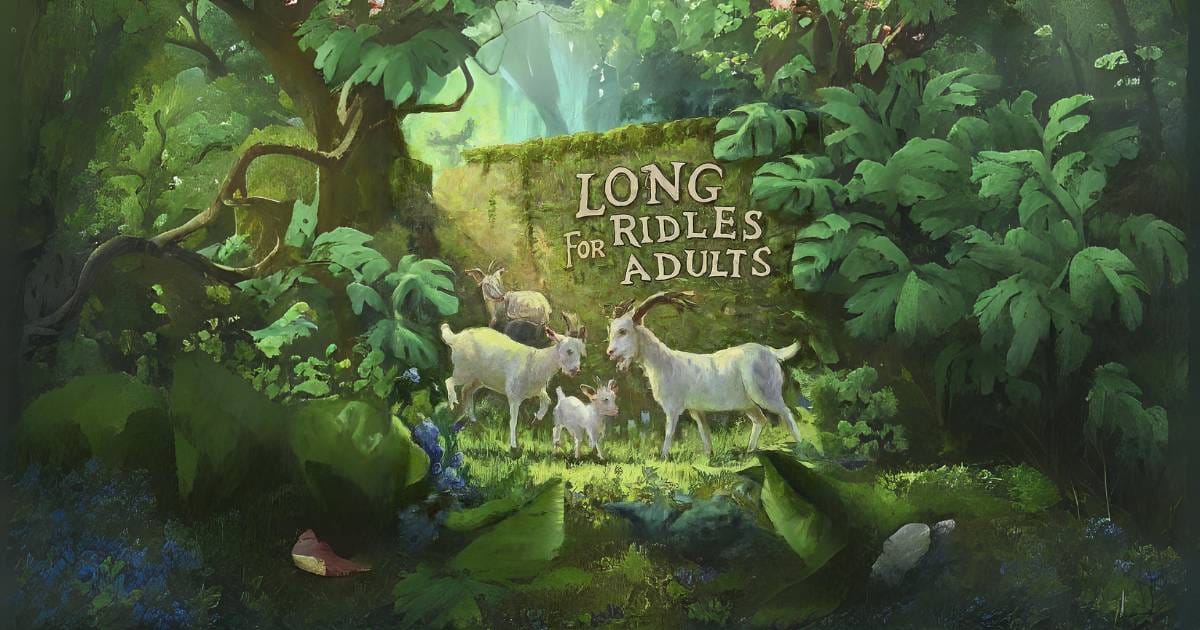
Q1: I am a city of contradictions, once a beacon of knowledge, later consumed by flames. My library held the wisdom of the ancient world, yet my own fate remains a mystery. Scholars debate the reason for my demise, pointing to conquest, negligence, or even the wrath of the gods. What am I?
Show Answer
Q2: I am a date etched in infamy, a day that forever changed the course of human history. A technological marvel unleashed its fury, forever scarring the hearts and minds of two cities. Even today, my legacy serves as a stark reminder of both human ingenuity and destructive capacity. What am I?
Show Answer
Q3: I am a tomb, a testament to love and loss, my construction a marvel of engineering and artistry. For centuries, I stood guard over a king's broken heart, a silent sentinel in a shifting desert. Though robbers plundered my treasures, my grandeur remains undiminished, a testament to the enduring power of human emotion. What am I?
Show Answer
Q4: I am a wall, a divider of ideologies and nations. For decades, I stood as a symbol of oppression and division, a concrete manifestation of fear and mistrust. My fall marked a pivotal moment in history, a victory for freedom and unity. What am I?
Show Answer
Q5: I am a code, a secret language that confounded the world's greatest minds for centuries. Hieroglyphs adorned my surface, holding the key to unlocking a lost civilization's secrets. It was a scholar's tenacity that finally broke my silence, revealing the stories etched in stone. What am I?
Show Answer
Q6: I am a ship, a legend whispered on the seven seas. My maiden voyage was a tragic tale of hubris and disaster. I lie at rest beneath the waves, a testament to the unforgiving nature of the deep and the enduring allure of the unknown. What am I?
Show Answer
Q7: I am a document, a beacon of hope and a testament to human rights. Forged in the fires of revolution, I declared the inherent equality of all, igniting a movement that continues to shape nations and inspire generations. What am I?
Show Answer
Q8: I am a city carved in stone, a lost civilization swallowed by the jungle. Rediscovered by chance, my ruins whisper of a forgotten empire, its rituals, beliefs, and achievements shrouded in mystery. What am I?
Show Answer
Q9: I am a battle, a clash of civilizations that shaped the destiny of Europe. Though vastly outnumbered, my forces held strong, repelling an empire at the gates. My victory secured the survival of a culture and its legacy. What am I?
Show Answer
Q10: I am a pandemic, a silent killer that swept across continents, leaving devastation in its wake. My touch brought fear and despair, decimating populations and altering the course of history. Even today, my name evokes a chill, a reminder of nature's power and the fragility of human life. What am I?
Show Answer
Q11: I am a leader, a conqueror feared and revered throughout the ancient world. My empire spanned continents, my armies unmatched in might. Though time has eroded my kingdom to dust, my name still echoes through history, synonymous with ambition, ruthlessness, and military genius. What am I?
Show Answer
Logic Puzzles & Lateral Thinking
Prepare to engage your logical reasoning and lateral thinking skills! This section features mind-bending puzzles and scenarios that will require sharp deduction and a knack for creative problem-solving.
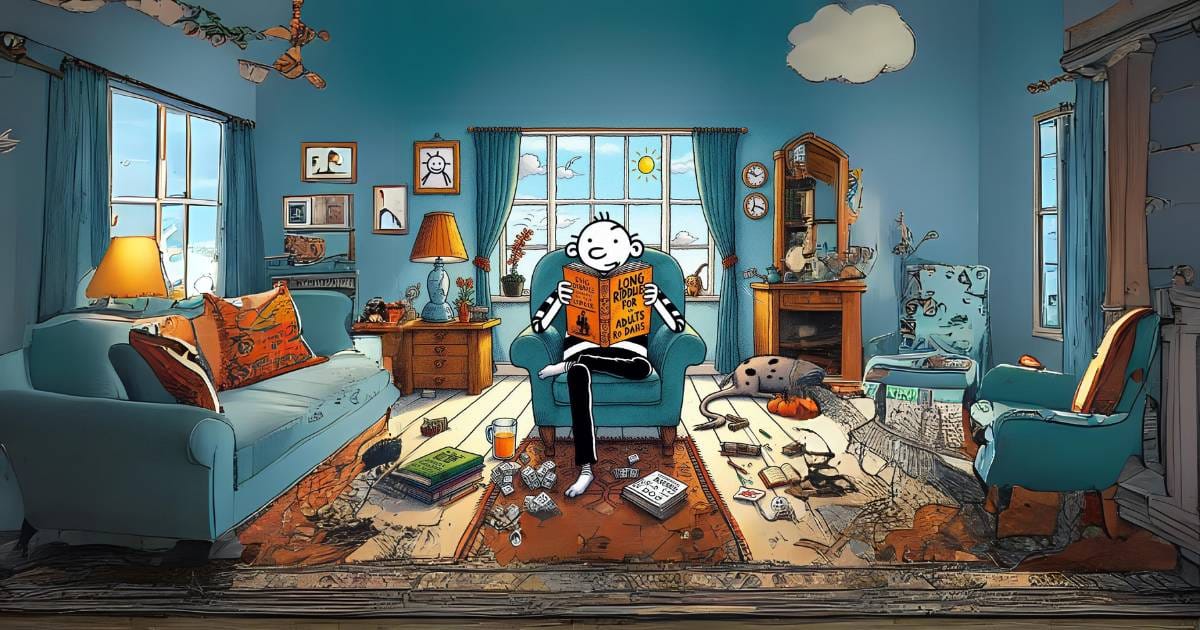
Ready to put your mental agility to the test? Let's start!
Q1: You find yourself trapped in a room with two doors and two guards. One door leads to freedom, and the other leads to a fearsome lion that hasn't eaten in days. You are allowed to ask one guard one question, but there's a catch – one guard always lies, and the other always tells the truth. What question can you ask to guarantee your escape?
Show Answer
Q2: A king wants to choose his successor using a seemingly simple challenge. He gathers his three wisest advisors and presents them with five hats: three white and two black. He places a hat on each advisor's head, ensuring they cannot see their own but can see the others'. The king declares that the first advisor to correctly deduce the color of their own hat will become his heir. After a moment of silence, one advisor confidently states the color of their hat. How did they know?
Show Answer
Q3: You are a detective investigating a peculiar theft. A wealthy art collector reported a priceless diamond stolen from their vault. There are no signs of forced entry, and the vault's complex security system is untouched. The only clue is a single playing card - the Queen of Hearts - left lying on the floor. Who could have pulled off such a daring heist, and how did they do it?
Show Answer
Q4: Imagine a single-story house where everything is yellow. The walls are yellow, the doors are yellow, the furniture is yellow - even the appliances are yellow. What color are the stairs?
Show Answer
Q5: A prisoner is scheduled to be executed at noon. The executioner tells him, "If you tell me a true statement, you will be hanged. If you tell me a false statement, you will be shot." The prisoner pauses, then utters a single sentence that forces the executioner to set him free. What did the prisoner say?
Show Answer
Q6: Five friends are sharing a pizza. They decide to each take turns cutting a slice, with the person who cuts the pizza also getting to choose who eats the slice. The goal is to eat as much pizza as possible. Assuming they are all perfectly rational and want to maximize their share, how should the first person cut the pizza?
Show Answer
Q7: You are given 12 coins that appear identical. However, one coin is either heavier or lighter than the rest. Using a balance scale and only three weighings, can you identify the odd coin and determine whether it is heavier or lighter?
Show Answer
Q8: A train leaves New York City traveling at 60 miles per hour. Another train leaves Los Angeles at the same time, traveling at 70 miles per hour. If both trains are traveling on the same track, which train will be closer to New York City when they meet?
Show Answer
Q9: A snail is at the bottom of a 30-foot well. Every day, it climbs up 3 feet, but at night, it slides back down 2 feet. How many days will it take the snail to reach the top of the well?
Show Answer
Q10: You are camping and need to build a fire. You have only one match, a newspaper, a candle, and a pile of dry wood. Which one do you light first?
Show Answer
Q11: You have two empty hourglass sand timers - one that measures 7 minutes and one that measures 4 minutes. How can you measure exactly 9 minutes using only these two timers?
Show Answer
Philosophical Ponderings
Prepare to delve into the realm of abstract thought and ethical dilemmas!
This section poses questions about the nature of reality, consciousness, morality, and the human experience.
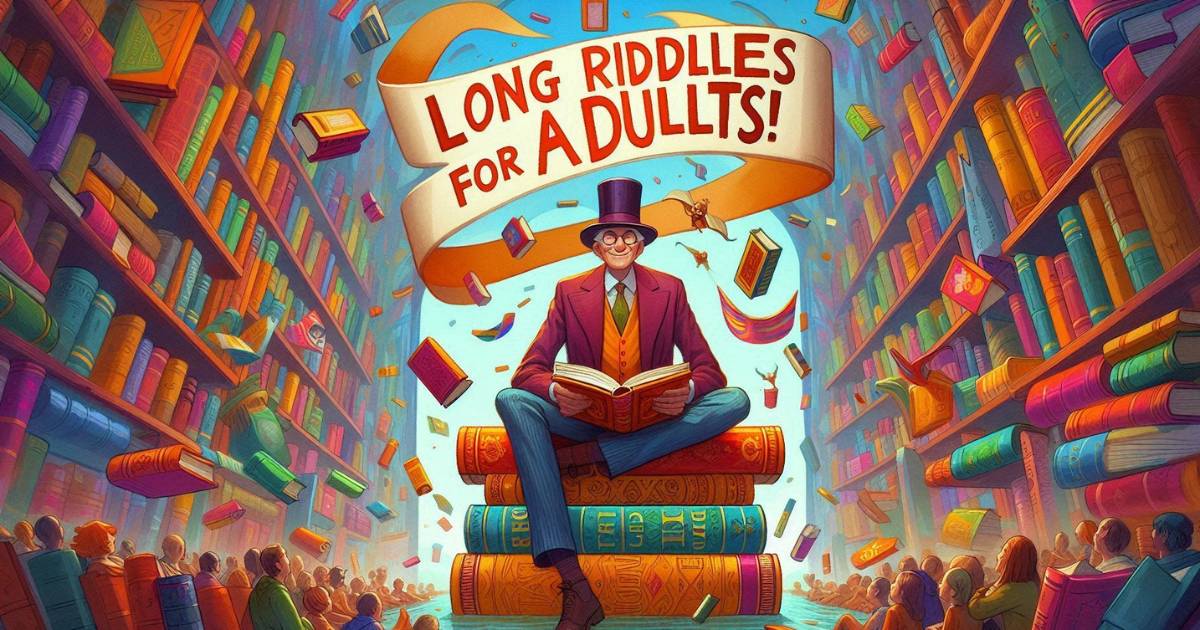
There are no right or wrong answers here, just opportunities for thoughtful reflection and engaging discussion.
Q1: Imagine a ship that has been perfectly restored plank by plank, using the original materials. As the restoration progresses, old planks are replaced with new ones. Eventually, every single piece of the ship is brand new. Is it still the same ship?
Show Answer
Q2: If you had the power to erase one negative emotion from human experience (e.g., sadness, anger, fear), which would you choose and why? What would be the consequences of its absence, both positive and negative?
Show Answer
Q3: Imagine a world where everyone's dreams were instantly uploaded to a shared virtual reality every night. Would this be a utopia or a dystopia? Consider the social, ethical, and psychological implications.
Show Answer
Q4: Is free will an illusion, or do we genuinely have control over our choices? If our actions are predetermined by factors beyond our control, can we be held responsible for our actions?
Show Answer
Q5: What is the relationship between language and thought? Do we think in words, or do words simply express pre-existing thoughts? How does language shape our perception of the world?
Show Answer
Q6: A famous thought experiment asks you to imagine a trolley careening towards five unsuspecting people. You can pull a lever to divert the trolley onto a different track, but doing so will kill one person standing on that track. Is it morally permissible to sacrifice one life to save five? What if the one person was a loved one?
Show Answer
Q7: If a perfect clone of you was created, with all of your memories and personality traits, would it be you? Would it have the same rights and deserve the same respect as any other human being?
Show Answer
Q8: Imagine a machine that could perfectly simulate any experience, indistinguishable from reality. Would you choose to plug into the machine permanently, experiencing a lifetime of curated pleasures and adventures? Why or why not?
Show Answer
Q9: What is the nature of consciousness, and why are we aware of our own existence? Is consciousness unique to humans, or do other animals, plants, or even inanimate objects possess some form of awareness?
Show Answer
Q10: Is there inherent meaning in life, or do we create our own meaning through our actions and interactions with the world? How does the pursuit of meaning contribute to our overall well-being and sense of purpose?
Show Answer
Q11: If you could know the date of your own death, would you want to know? How might this knowledge impact the way you live your life?
Show Answer
You Did It!!
Congratulations on navigating these riddles of history, logic, and philosophy! We hope you've enjoyed the mental workout and perhaps even discovered a new perspective or two along the way.
If you're feeling up for it, here's a set of Long "What Am I" Riddles!
Remember, the journey of a curious mind never truly ends.
Keep questioning, keep exploring, and keep seeking out those brain-bending puzzles that challenge and inspire you.
